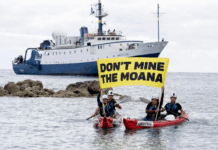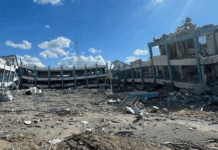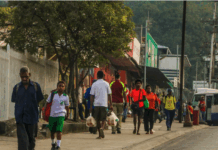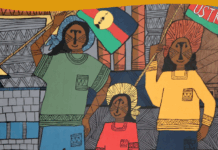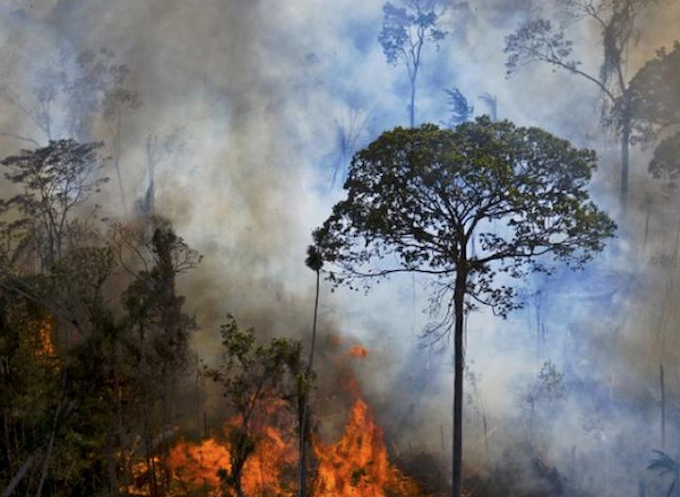
Pacific Media Watch newsdesk
Reporters Without Borders (RSF) and more than 60 environmental journalists of 34 different nationalities have appealed for respect for the right to cover environmental issues.
These journalists — who are from every part of the world and every kind of media, and who have all kinds of backgrounds and political views — have joined RSF in signing an unprecedented appeal coinciding with COP26 entitled “Climate emergency, journalism emergency”.
Men and women, some of them environmental experts and some of them more general reporters, some with a long history of covering “green” issues and some covering the environment more recently as it has become an increasingly alarming news story, they have denounced the obstacles that limit the right to provide information about these issues.
- READ MORE: Red alert for green journalism — 10 environmental reporters killed in 10 years
- Other COP26 climate reports
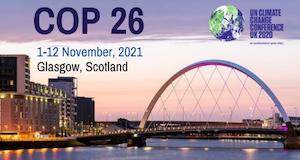
Climate change is crucial for all humankind.
The petitioners are asking governments to officially recognise that the right to information about these issues is inherent in the right to a healthy environment and the right to health.
The first journalists signing the appeal include Gaëlle Borgia, a 2020 Pulitzer Prize winner based in Madagascar, France’s Morgan Large, a food industry specialist, Russia’s Grigory Pasko, an RSF Press Freedom laureate who was awarded the Sakharov Prize in 2002, India’s Soulik Dutta, an expert in energy and land issues, South Africa’s Khadija Sharife, who investigates environmental crimes, and Lucien Kosha, a freelancer covering mining in the DRC.
Most of them have signed on an individual basis but the staff at some news organisations have wanted to sign collectively.
Environmental teams
This was the case with Afaq Environmental Magazine, a Palestinian media outlet, and Reporterre, a French news site covering environmental issues.
Crucially, the appeal points out that, although the right to cover environmental issues was established as a principle as early as the UN Earth Summit in Rio de Janeiro in 1992, this right is still not being respected.
The signatories report that, in many countries, it is still very difficult to obtain information and scientific data about the environment, although such information is of paramount public interest. Their coverage can help change behaviour and help combat the unprecedented threat posed by global warming.
“Nearly 30 years after the right to cover environmental issues was proclaimed in the United Nations Earth Summit declaration in Rio de Janeiro in 1992, this right must finally become a reality, it must finally be applied and respected without exception, as something that is self-evident,” RSF secretary-general Christophe Deloire said.
“At the hour of the climate emergency, this is a journalistic emergency. Environmental coverage is now vital.”
The dangers linked to covering environmental issues in some parts of the world has led to the killing of at least 21 journalists in the past 20 years for investigating these sensitive issues.
RSF and the journalists signing the appeal have also called for concrete implementation of international law on the protection of journalists.
For more information, see RSF’s report on the persecution of environmental journalists.
Auckland-based Pacific Media Watch is a collaborating project with Reporters Without Borders.



